|
Cris Cohen: When you talk to companies with your "Beating The Odds" presentation, from your perspective, what are they missing? What do they need to learn?
Sandy Gennaro: The companies that have employee retention issues, the companies that have customer service issues, they don't look far enough beyond the employee resume, beyond what the employee does day to day. They don't look beyond the spreadsheet, the quarterly goal… To me, what's lacking is a personal connection, where you don't hire for resume only, you hire for attitude. It's about how they're going to get along with the existing employees you have, because they're going to be imported into the team. It’s same with hiring a bass player for your existing band. It goes beyond the technical ability. Because you have to live with the person for another 22.5 hours a day, on a tour bus. Cris Cohen: Thanks to bassist Greg Hanna, who put this together.
Anthony "Tiny" Biuso: Plushie! Cris Cohen: You guys played together in The Dickies. There is always that special, symbiotic relationship between the drummer and the bass player. What do you look for in a bass player? And why did things work so well between you and Greg? Anthony "Tiny" Biuso: We came from the same modality, where you're like the skeleton key. You just have to get in, figure out the gig, and do the gig. Not overstep. We both sang. We both were playing our asses off and singing like the Vienna Boys Choir on crack and helium. There's so many weird backup harmonies that we did. And that's always the coolest too, when you get a bass player that you sing with and that you can play with. You do have -- like you say -- that symbiotic relationship. But really what I look for in a bass player, just someone who's just learned. Drummers and bass players just really have to be able to lock in on so many different levels. So I'm just looking for someone that really knows music, loves music, and is a student of music. Fred LeBlanc of Cowboy Mouth: For any musician, where they are in the note is who they are as a person. Where they are within the rhythm is who they are as a person being amplified… literally sometimes. And that's part of what makes music such an expressive medium. Choosing where you place what you do in the context of everything else and actually making it work… it's pretty miraculous.
Kryz Reid of Third Eye Blind: I think people respond to that (sense of) immediacy. Our shows are always different and they're always totally live. And Stephan's compelling to see live. He's very free on stage. There's just a sense like this motherf---er could potentially do anything up there. That's scary and it's awesome. I saw (another artist) play and it was just perfect. Everything about the show was perfect and I was totally bored. We're not perfect, but we are amazing.
Michael McDermott, drummer for Joan Jett and the Blackhearts: And you sort of see that also with the drum videos (people post). Where you're like, "How many times did you practice this song before you decided to record it? Sometimes you've got to practice it a couple more times. I'm just saying…"
But everybody's for the right now. And it's like, just slow down. It's not about how fast you can get that video out and uploaded and how many hits you get. Learn the song. Love it. Really get into the tune and feel it. And if you do that, you can see it. You can see when somebody is earnest about what they're doing. But I mean with a lot of those kids (posting drumming videos)… it's slightly disheartening. You sort of want to shake them and go, "No! Just turn the cameras off. Turn the lights off. Just get in your room, put on your headphones, and shed. And then Friday night when your friends are like, 'Let's go party,' you go, 'No. I'm going to go up to my room and I'm going to shed.'" And just do that over and over. And not for the sake of anything other than you love the f****ing drums. That's it. Fur Dixon: I just own my spot. Because who else is going to own it? It just took some years. I have some history and I accept that history now. For a while I wanted to sweep it under the rug or I didn't want to be associated with it. And (now) it's just like… I own it. I own it all. The good. The bad. Whatever. And that's a really comfortable place to be.
Cris Cohen: You have co-written a number of songs. What makes for a good co-writer?
John Hall: For me, a good co-writer is somebody who can help me finish a song I was having a hard time finishing. Sometimes the match is so good that you go, "I want to write with that person again." Steve Wariner is one of those people. "You Can Dream Of Me," Steve's number one country hit… He and I wrote that together back in the 80s. I had finished playing racquetball at The Y in Nashville. And I had a date to go to Steve's house and write after that. I was in the shower at the Y and had this idea. "If you're dreaming of someone, you can dream of me. I'm not going to follow through on it because I'm not available. I'm with somebody else." I heard the music for the chorus and I sang it to myself the whole way there in the car so I wouldn't forget it. I walked in the door, sang it to Steve, and he said, "Great! Let's finish it." And we did in (about) an hour. He's also really good at… I think of it like unearthing a fossil. If you find a little bone in the desert somewhere, it's like the foot of some dinosaur that's mostly buried. And you brush away with a paint brush at first to expose more of it. Then you get to the point where you can pull on it. You don't want to break it by pulling too hard on it. The trick is to unearth that song and not destroy the vision of it or the initial inspiration. Mike Vanderhule of Y&T: It is fun to be in a band like this. Because I've been in a lot of THOSE bands. A lot of my friends are in those bands… where you hear the horror stories. They meet on stage and they go their own way every night. We all hang together. And after a good 10- or 12-hour drive, sometimes we pull up to the hotel and it's like, "Alright, where do you guys want to go for dinner now?" That's really cool.
Cris Cohen: You said with your live shows that you have the goal of moments of ecstatic release. What do you guys do as a band to get people to that spot?
Robbie Wulfsohn of Ripe: I'm going to start by saying it is the goal. We fail. We fail hard. We're willing to fail triumphantly. It's not like we have the pride to say this is definitely going to happen. It is just that ideally we'd love you to walk away from the show feeling something like that. I guess what I mean by ecstatic release can also come from a place of catharsis. Like you're already happy, but (the concert) makes you happier. Or you come into a space low and it brings you slightly higher. But because of the distance traveled, it feels like you climbed a mountain. |
Archives
June 2024
|
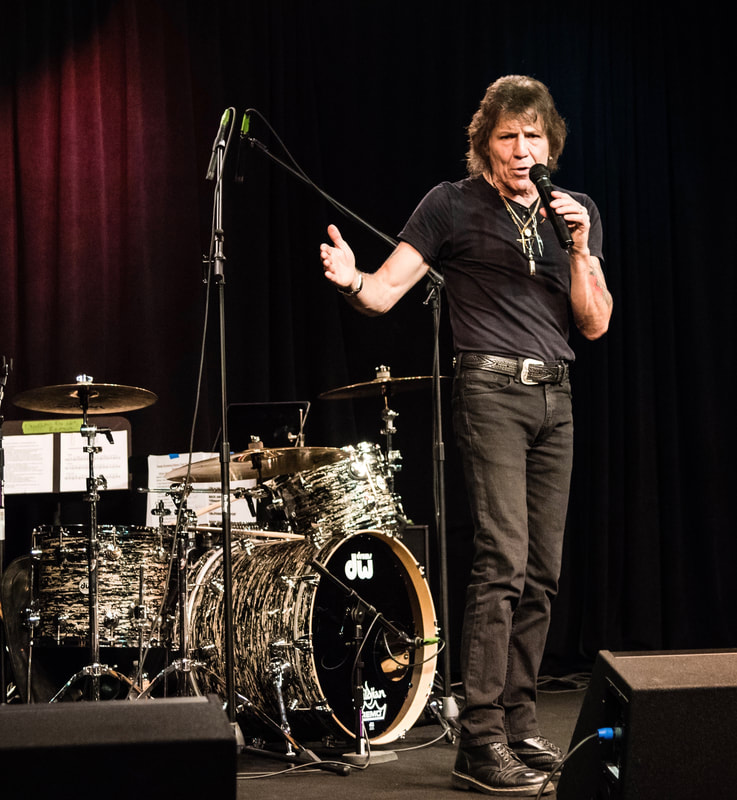
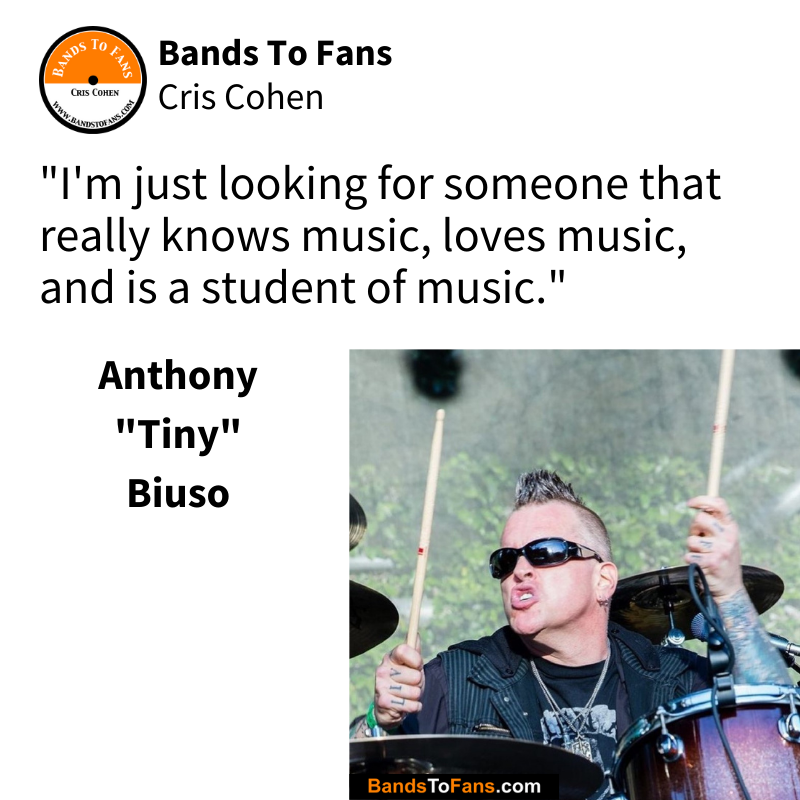
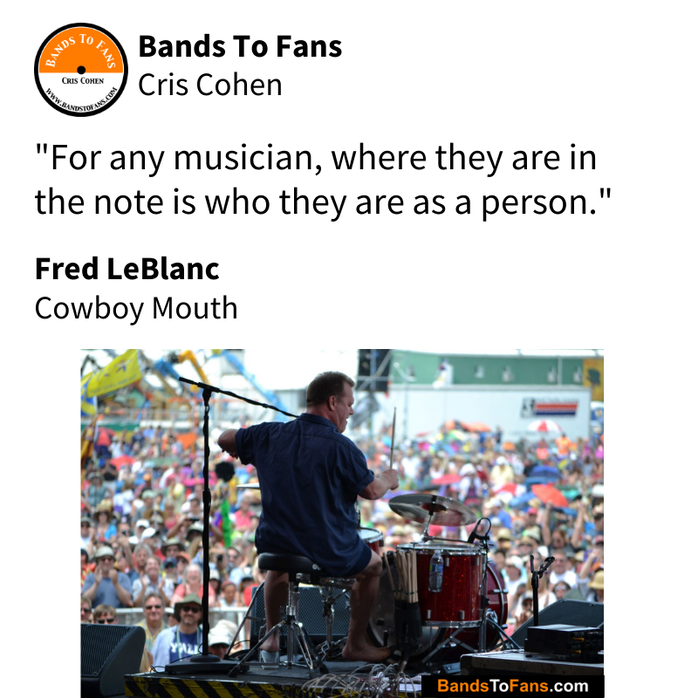
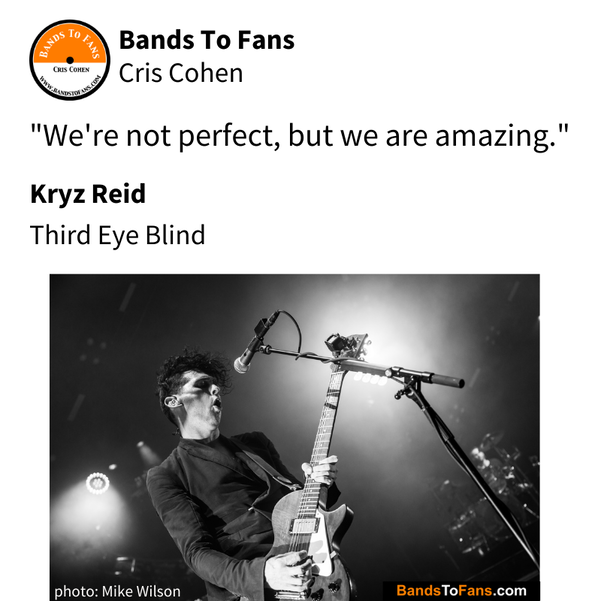
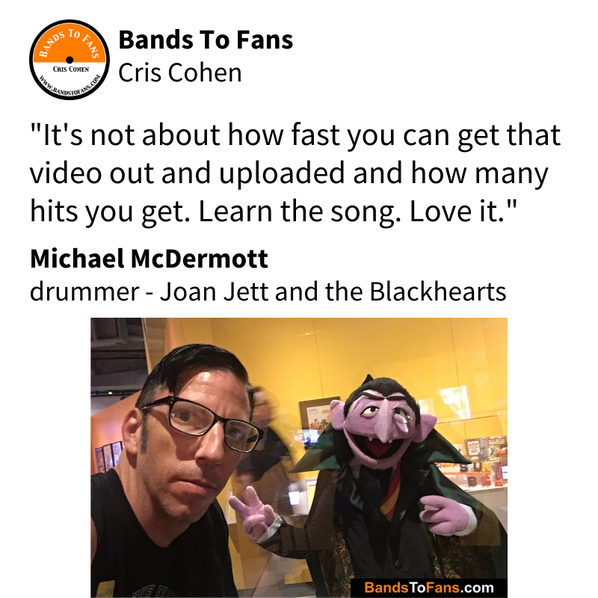

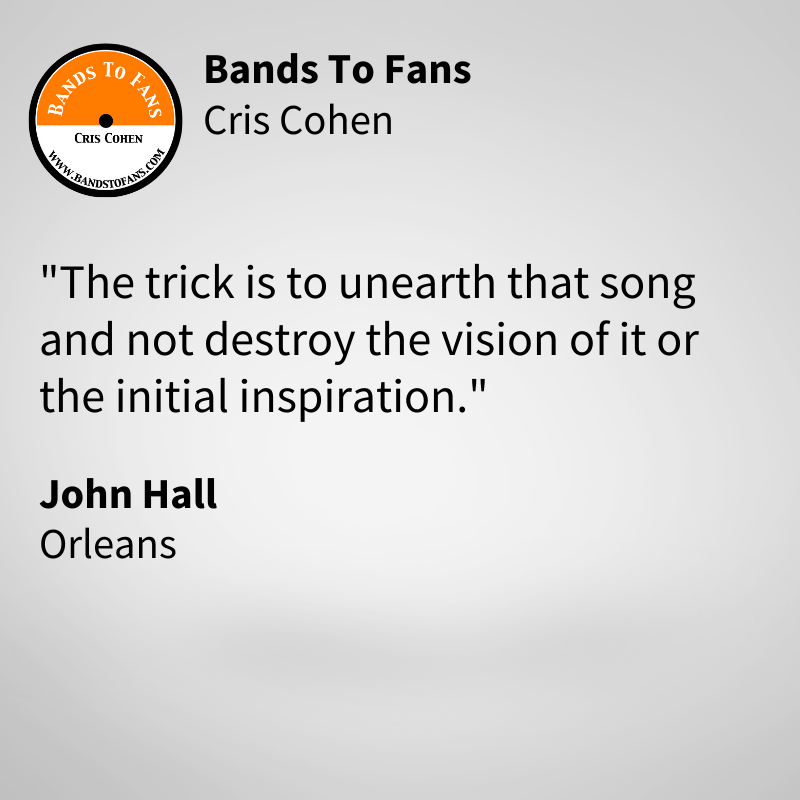
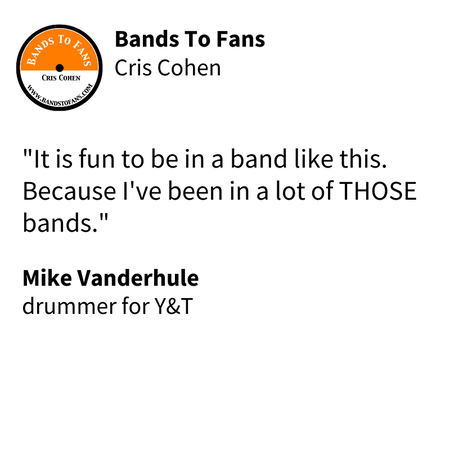
 RSS Feed
RSS Feed